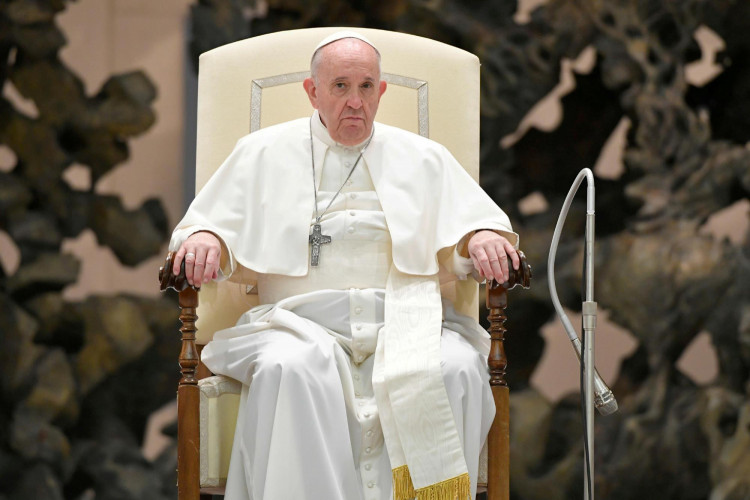Pope Francis said that he is determined to put an end to corruption in the Roman Catholic Church, weeks after the shock ousting of a bishop over allegations of embezzlement.
Francis said he is bent on quelling fraud and deceit, but that he's not very optimistic because the misdeed is a centuries-old dilemma. Though he listens to his detractors, he said he can't allow himself to get affected by every negative thing they say.
"I know I have to do it (fight corruption), I was called to do it, but it will be the Lord to decide if I did well or not. Sincerely, I'm not very optimistic," he said in an interview Friday with Italian news agency AdnKronos, as quoted by VOA News.
Elected in 2013 on a decree to clear a wave of scandals in the church, Francis has revised policies and booted out top financial officials as part of his mission to put the Vatican at par with international standards in terms of transparency and money laundering.
Francis forced the resignation of Italian Cardinal Angelo Becciu, a close counsel alleged to have pocketed money intended for the poor to members of his family - an accusation that Becciu denied.
Thirty-nine-year-old Cecilia Marogna, a former staff of Becciu, was released on Friday after he spent at least two weeks behind bars. Marogna is awaiting a court decision on extradition from the Vatican.
The 83-year old Vatican leader's reforms have been met with fierce opposition, particularly among the Church's old guard. The Pope revealed in the interview that a warning was given to him years ago that if he ever gets elected as pope he should get a dog, and make sure the animal tasted all of his food - and not die - before eating the food himself.
While it is not certain whether his determination to quell corruption in the Catholic church will succeed, Francis said that he knows he must do it and that he has been called to do it.
Conservative Catholics have denounced Francis, saying he is vague on issues like the pastoral care of homosexuals and those who remarry in a civil manner without Church annulments.
While censure against him and his papacy can have a deep impact, especially when "said in bad faith and with malice," the Pope said it's also constructive because "criticism leads me to examine myself, to make an examination of conscience, to ask myself if I was mistaken, where and why I was mistaken," the National Catholic Reporter quoted him as saying.






